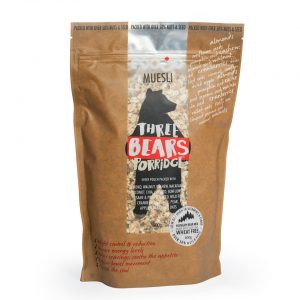Almonds
Almonds
Almonds are alkaline and for this reason alone, the almond nut in the raw state is a great food, ideal for obtaining the 75% alkaline daily food balance. All foods except fruits, vegetables and rice are acid forming, the almond is a great exception. An alkaline body balance promotes natural healing.
Almonds are also a great provider of lipids especially mono unsaturated 32 g with polyunsaturated 12g and saturated 4g. In one study, comparing two weight loss diets, the ‘almond diet’ proved to reduce weight and blood pressure 30% better than the standard low calorie, low fat diet. It was found that not all the fat in almonds is absorbed, as the cell walls in the almond nut acts as a partial barrier to fat absorption. Furthermore, the abundance of mono unsaturated fats, in almonds, is ideal for energy requirements and is readily used by the body, plus, it reduces cholesterol levels in the blood.
Almonds provide nearly 70% mono unsaturated lipids, 20% polyunsaturated and 10% saturated lipids. Almonds provide only a trace amount of omega 3, but they supply 10 g of omega 6, the other essential fatty acid.
Almonds are an excellent source of vitamin e 26 mg or 90% of the daily value (d.v.) requirement. Vitamin e is a major antioxidant, it reduces the risk of heart disease as it protects against oxidation of the Idl cholesterol, or the bad cholesterol that leads to heart disease. Vitamin e also promotes blood circulation, heart muscle function and the life of body cells. One study showed a 45% decrease risk of heart disease by substituting the fats in almonds for the saturated fats in meat. In summary, lipids in almonds are safe and beneficial.
In regards to the protein value of raw almonds, they provide complete protein, as they supply the eight essential amino acids89. Almonds supply 20% protein with 21 g, or nearly 40% of the (d.v.) daily value requirement for the average adult and in regards to calories, only 20% of daily calories, that’s a very impressive figure!
Almonds are an excellent magnesium food 275 mg, or 100 d.v. and this promotes blood flow and reduced risk of heart attacks, plus it is essential for the health of the nervous system and brain, as it nourishes the white nerve fibres and helps the nerves to relax. In addition, the excellent phosphorus content 474 mg is vital for the repair of the nervous system, improved blood circulation, memory and concentration. If you are writing a thesis, without almonds, it’s a brain drain, almonds promote creativity, plus the good manganese content 3 mg promotes memory abilities.
The calcium content in almonds is excellent 248 mg and for dairy intolerant persons, almonds are ideal. They are the best nut source of calcium and apart from tahini and tofu, only dairy is higher and it supplies considerable saturated fats and cholesterol, almonds provide safe calcium. Almonds are a great source of dietary fibre 12 g and when eaten as a snack with apples, their protein digestion is enhanced. Almonds are also full of copper 56% d.v., iron 24% d.v., zinc 22% d.v., potassium 21% d.v., b2 48% d.v., b3 20% d.v. and biotin 100% d.v., essential for fat metabolism.
Almonds are so great you could ‘literally’ write a book on them. Almonds can be ground and added to cereal. Almonds are perfect alkaline protein.









